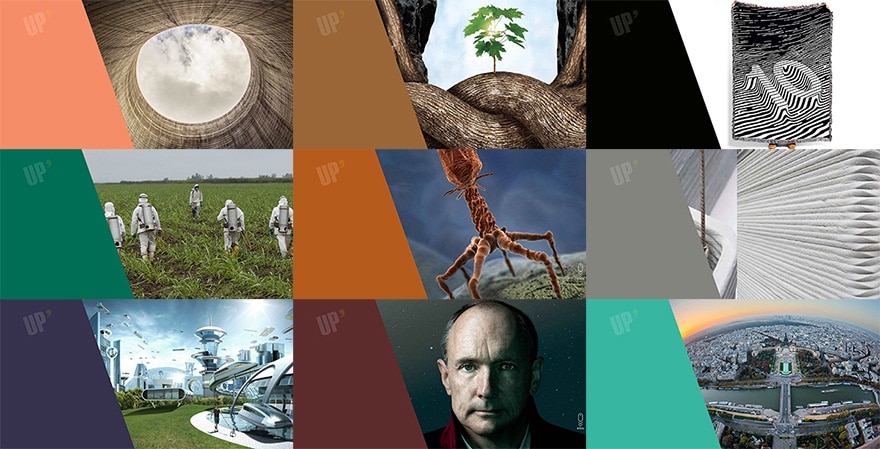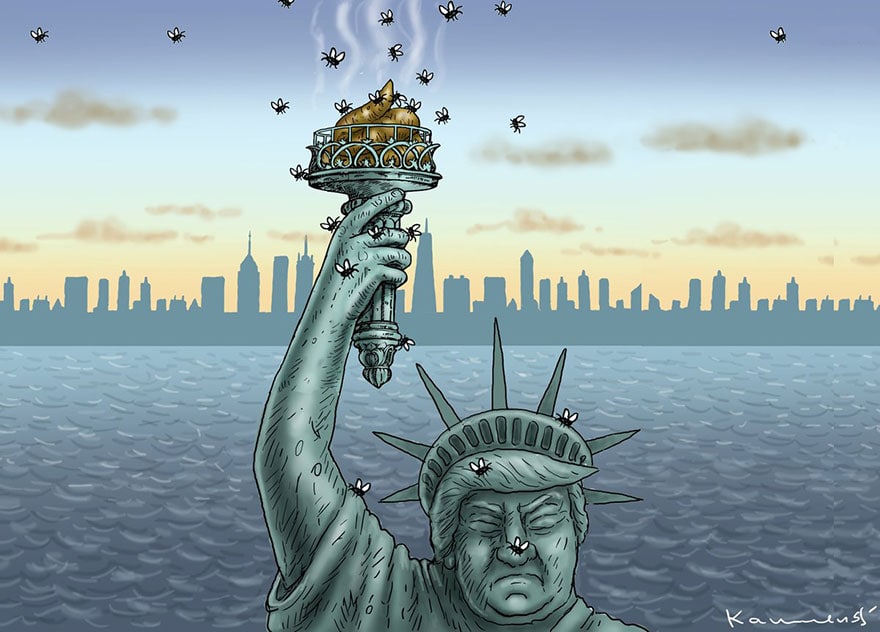When the unexpected loosens tongues...
When artificial intelligence takes an interest in language theories...
"The machine has to be able to have a sensible conversation in order to appear intelligent." assures Jean-Louis Dessalles. For the researcher, the test invented by Alan Turing, which consists in decreeing an intelligent machine if a human cannot discern it from another human by conversing with it, has all its legitimacy. His work therefore has its place in the development of artificial intelligences capable of passing this test. It is indeed essential to understand the mechanisms of human communications in order to transmit them to machines. A machine integrating the CAN model would thus be better able to debate with a human. In the case of a GPS, this would make it possible to define routes on parameters other than time or kilometres. To argue with a GPS about what we expect from a route - beautiful landscapes for example - in a logical way, would considerably extend the quality of the human-machine interface.












